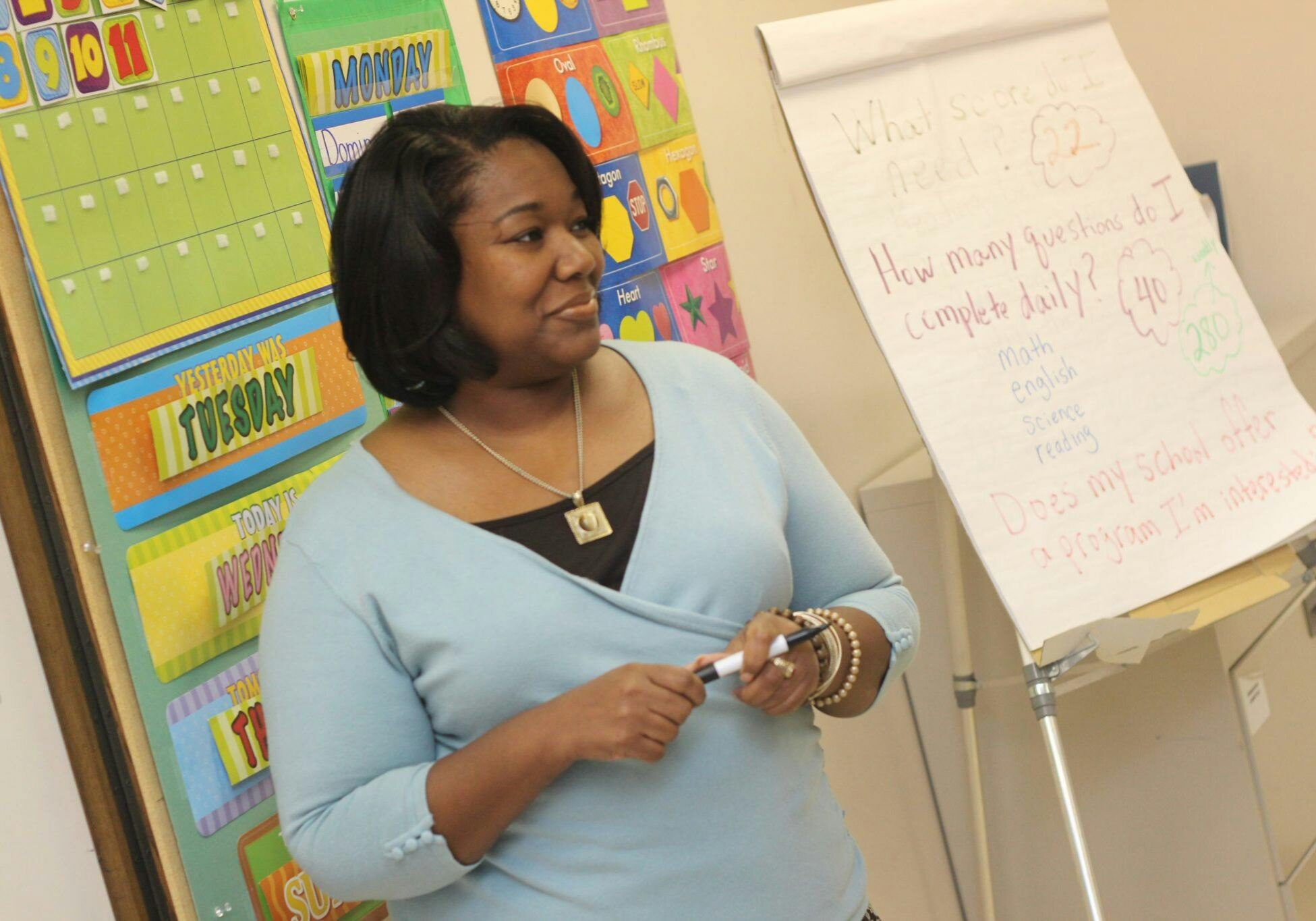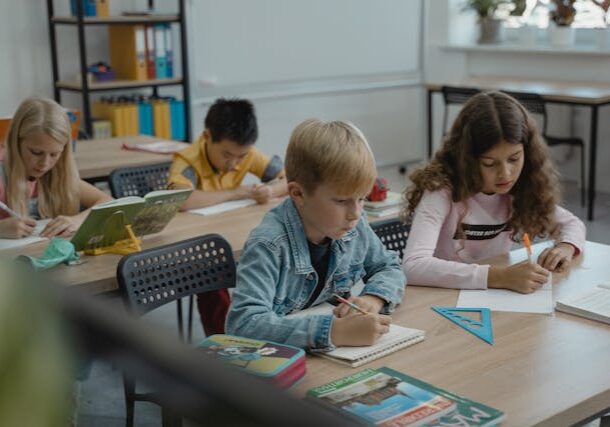Example Literacy Projects
Curriculum and Standards
The example projects below would always be tweaked to meet the bespoke needs of your school and staff. We know that one size does not fit all!
All our work is underpinned by the latest research available and models of best practice. These examples supplement our core offer of termly subject lead sessions where training is delivered and updates are shared.

Bridging the gap between decoding and comprehension
#Literacy
Once pupils have learned to decode, the move to developing good comprehension is not automatic. This needs to be done through fluency development which requires explicit instruction. This training session explores what is meant by fluency and some research-based approaches to help teach fluency in the classroom.
Can be tailored to last between 1 and 3 hours depending on school requirements.
Can be delivered as a longer term project with schools also.
Audience – KS1, KS2, KS3 and KS4

Aiming for independence in writing
#Literacy
This package of training supports teachers to plan units of writing to help pupils reach levels of independence in writing. Teachers are taken step by step through the process of planning, with links made to relevant research and effective practice. The focus includes the use of tool kits and ensuring grammar is taught at the point of writing.
Can delivered through bespoke support for staff of approx. 2 - 3 hours or delivered as staff training over 3 hours
Audience – KS1, KS2

Helping words stick
#Literacy
Vocabulary deficit continues to be one of the main reasons pupils struggle to comprehend text. Research tells us that vocabulary needs to be taught through explicit instruction and carefully chosen words. During this training session, we explore what it means to ‘know a word’, how to select the right words to teach, and some effective strategies to use in the classroom, including the use of morphology.
Can be tailored to last between 1 and 3 hours depending upon school requirements.
Can be delivered as a project with schools also.
Audience – KS1, KS2, KS3 and KS4

Phonics subject knowledge
#Literacy
This is a session designed to help develop staff knowledge of the key concepts around phonics. Content includes considering what comes before phonics, the Simple View of Reading, the concepts of phonics, understanding of key terminology, and some strategies to support weaker decoders in the classroom.
Please note this is not training linked to a specific phonics programme.
Approx. 2 hours
Audience – EYFS, KS1, KS2, KS3, KS4

Curing the spelling headaches!
#Literacy
Why does the teaching of spelling never seem to stick? Pupils can score highly on tests but not always apply what they know into writing. Some pupils miss out on reaching the expected standard because spelling is weak. During this session, we explore why spelling matters and the impact of being a weak speller. Some research is explored and followed up with strategies to support application into writing.
Approx. 1-2 hours
Audience – KS1, KS2, KS3
Testimonials
Inspiring and interesting! Moving from a different school and authority this was also very useful to see NT schools approaches to English. Janice and Eve are very knowledgeable trainers, who delivered in an interesting and interactive way. Looking forward to the next session!’
Teacher, Wellfield Middle School
‘Thank you. This has been exactly what I need to improve fluency with my children.’
Teacher, Appletree Gardens First School

Closing gaps by teaching disciplinary literacy
#Literacy
In recent years, the EEF have published their guidance report into the benefits of teaching disciplinary literacy at secondary school. For many of our disadvantaged students, this approach is invaluable to supporting understanding of text in other subjects. Join this session to explore what the research tells us, defining disciplinary literacy, and what this looks like a in range of subjects when teaching.
Audience – KS3, KS4, KS5
Approx. 3 hours

Teaching whole class reading
#Literacy
This package explores some key principles of teaching whole class reading to ensure comprehension and enjoyment for all. We explore the importance of text choices, effective ways into texts, how to build fluency and vocabulary into whole class reading, and deepening understanding of text so that pupils can apply new understanding effectively.
Approx 2.5 hours
Audience – KS1, KS2

Harping on about handwriting
#Literacy
A session designed to look at what the research tells us about handwriting skills in pupils and some strategies to support development in school. The link between working memory and transcriptional skills is clear, showing that pupils benefit from explicit instruction for handwriting to build to a fluent style. Using National Curriculum requirements, EEF recommendations and the National Handwriting Association as guidance, the sessions sims to leave teachers and/leaders more confident to implement effective approaches.
Can be tailored to last between 1 and 3 hours depending on school requirements
Audience – KS1, KS2
